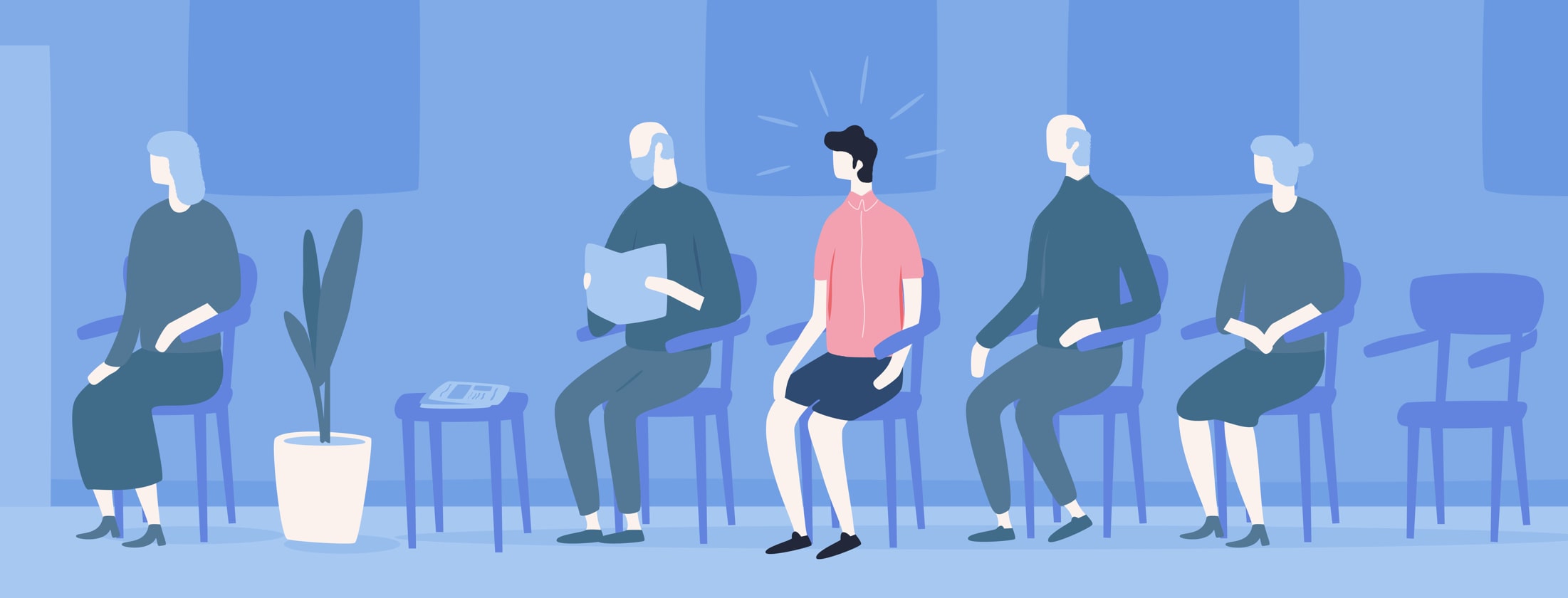Mohs Surgery: I’m Too Young – Right?
Back when I had my first Mohs surgery, I noticed something – I seemed to be the youngest person in the waiting room. It may be interesting to know that I was in my 40s, yet most of the people waiting to get their results seemed to be quite older – many in their 70s, and older.
Let me back up a little. I’d had skin cancer surgery years before that when I was around 33 years old, but it was an outpatient type of thing at the hospital where there were no other patients around me. Fast forward a few years, and this time it was another, but of basal cell carcinoma, which required Mohs surgery.
The benefits of Mohs surgery
Mohs surgery is different from other types of treatment. According to the American Academy of Dermatology Association:
Used to treat skin cancer, this surgery has a unique benefit. During surgery, the surgeon can see where the cancer stops. This isn’t possible with other types of treatment for skin cancer.
1
I felt young for a change
After doing the first pass, I was sent to the waiting room to await my results. If they got all of the cancer then I could be stitched up and go home. If not, I’d go for another pass and so on – until the doctor got every bit.
Fortunately for me, I was okay after the first pass and could leave after the stitches and after-care instructions. But as I sat in the waiting area, I felt alone. Sure, there are plenty of people who have skin cancer that are way younger than I was at that time. But at that moment, I felt young for a change – I’m just not sure if that’s a good thing or not.
Statistics show variances in diagnosis by age
Statistics from the American Cancer Society show that the average age of a melanoma skin cancer diagnosis is 63. However, it is not uncommon for those much younger to learn that they have a form of skin cancer like basal cell carcinoma, squamous cell carcinoma, or the aforementioned melanoma.2
You are not alone
The point is, no matter what your age you are not alone. You may feel like you’re the only one in the room that feels a certain way about your skin cancer but no matter how old you are (or young), everyone who is given the diagnosis of skin cancer can relate to myriad of range of emotions.
Just make sure that you have a good support base with friends or family and if you see someone alone at the doctor’s office, maybe give them a smile or uplifting conversation – they may really need it.

Join the conversation